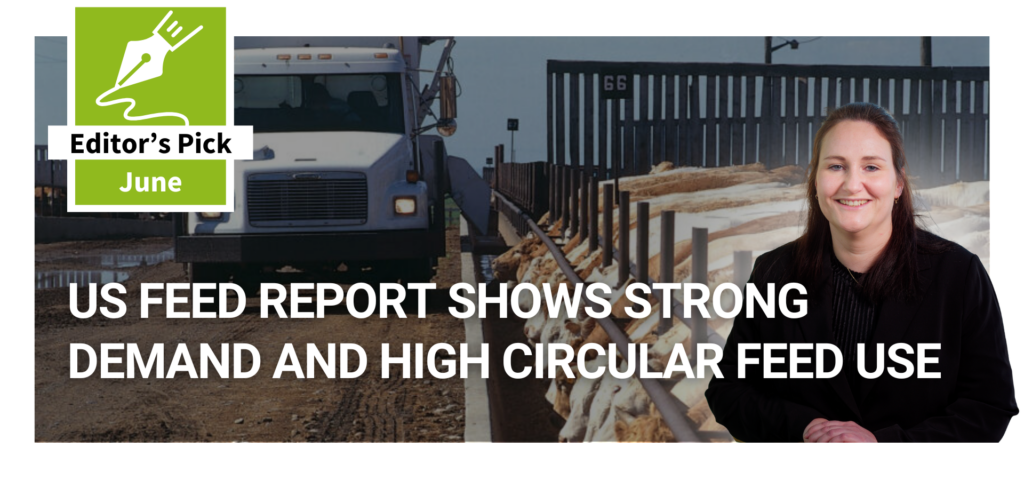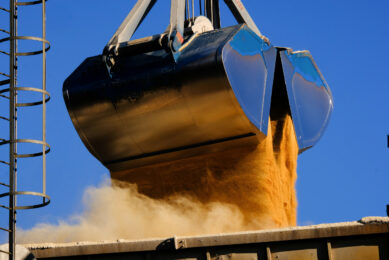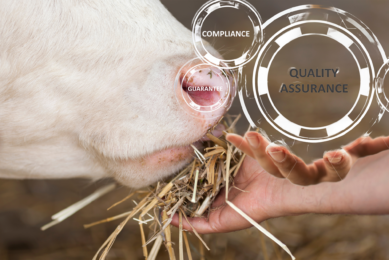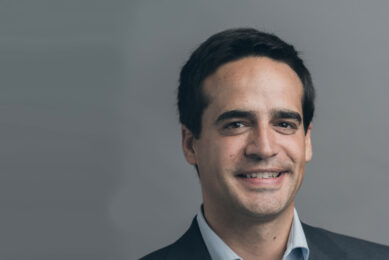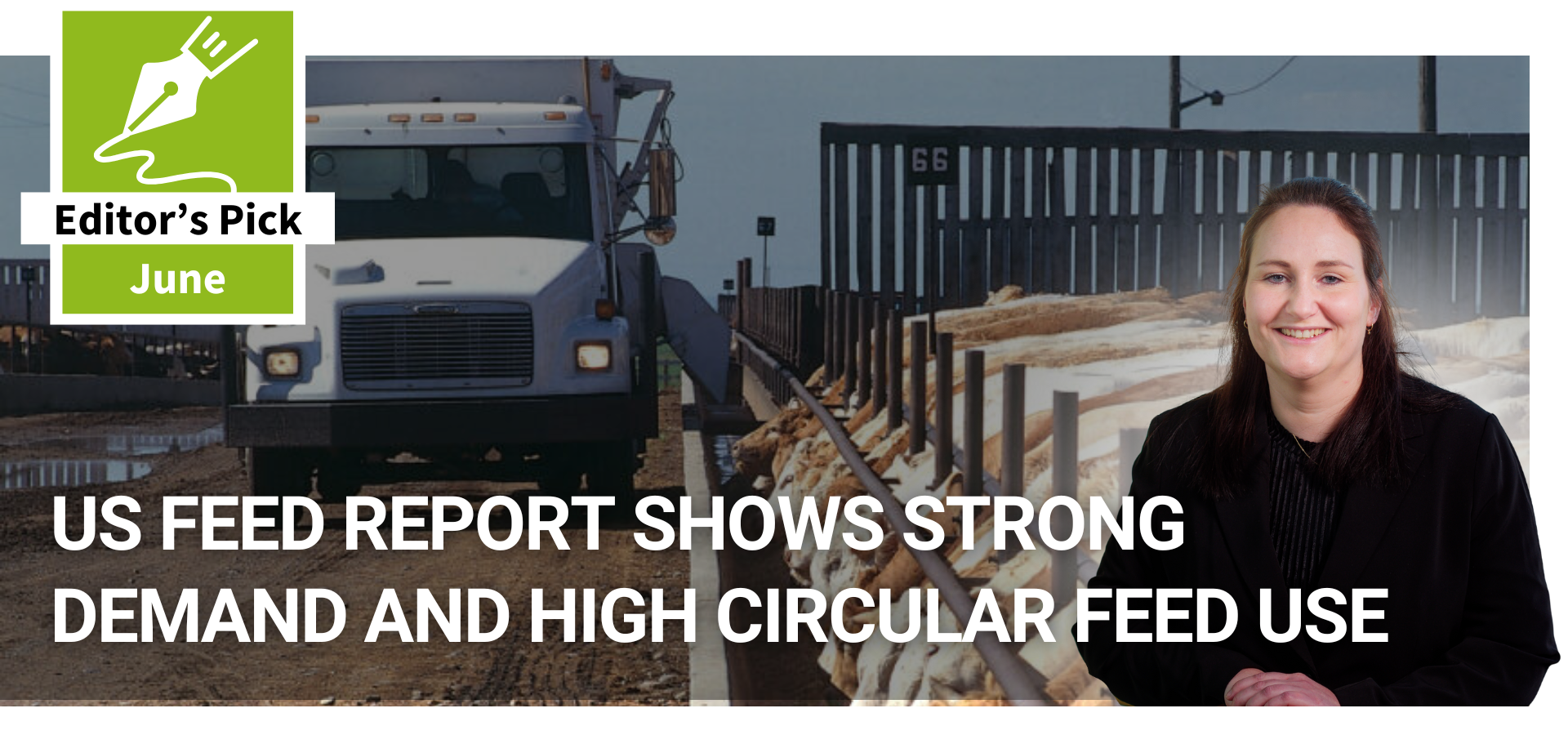Dealing with industry challenges at the Global Feed Safety Summit
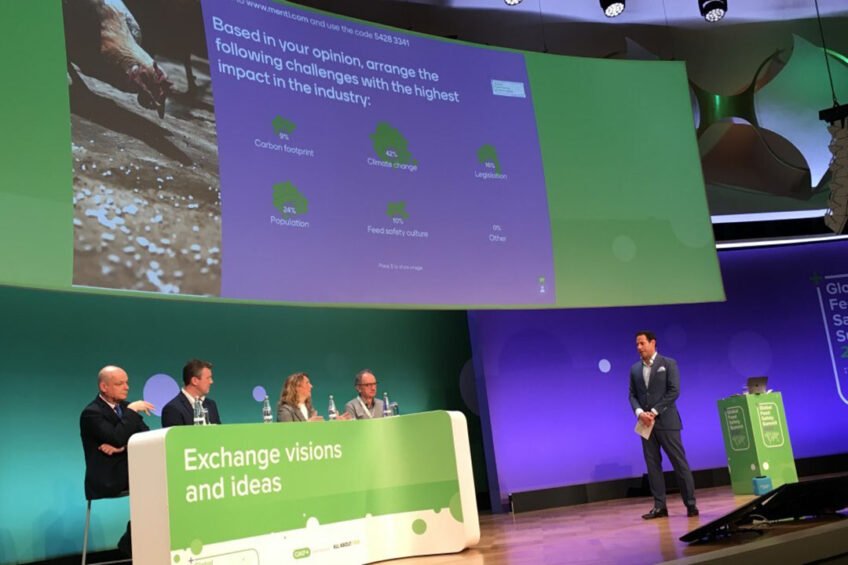
On day 2 of the Global Feed Safety Summit of GMP+ International and All About Feed, participants, speakers, and panelists discussed how to deal with multiple challenges that impact the global feed industry.
With climate change and carbon footprints on everyone’s mind, alternative feed and sustainable feed materials were discussed as well as new and impactful auditing methods and transparency in reporting to stakeholders.
A quick survey among the participants of the Global Feed Safety Summit showed that no less than 42% see climate change as the challenge with the highest impact on the feed industry. The second impact on the feed industry, according to the survey, was the growing population (24%), followed by legislation (16%) and feed safety culture (10%).
The survey outcome came as no surprise for the first speaker of the day. Nick Major of the Global Feed Lifecycle Assessment Institute (GFLI) knows that feed production represents 45% of the carbon footprint of animal production. “This is the important bit, and this explains why our industry is so involved in the discussion.”
Major explained how GFLI took 10 years to build a platform with aggregated data that gives insight into the footprint of feeds. “It is free to use, as one of our objectives is to use the data to create awareness and to have a solid base for discussion with legislators.”
Legislation “puts on the breaks”
The surveyed challenges were also addressed in a roundtable setting with Nick Major, Alexander Romme (EFFPA), Maria Reyes Gutierrez (Nutrition International) and Heinrich Katz (Hermetia). The panelists concluded that the drive towards a more sustainable future isn’t, in fact, slowed by the industry. Improving the industry’s processes could go faster, but it is legislation that puts on the breaks.
Katz: “It took us 9 years to get approval for including insects into feed, and that is just too slow. And it’s difficult to understand because it’s pure nature. Insects upcycle waste into valuable protein; it’s a no-brainer to increase our sustainability.”
Major added: “We need to be enabled by legislators that set certain boundaries and let us get on with it. Unfortunately, they sometimes tell us how to get things done.” He is, however, positive that the industry has a credible voice and is able to provide solutions and answers on the topics society and legislators ask of it. ‘’We all realise that sustainability shouldn’t be a business model – it is precompetitive, our license to produce.”
Credibility and digitalization
When it comes to feed safety, credibility is everything. This is guaranteed within existing certification and accreditation schemes. That said, the Covid-19 virus pandemic did have a negative influence in terms of being able to inspect sites physically. That is where digitalization came into play, as was explained by Sorin Albeaunu of Covantis and Jan-Frans Bastiaanse of Control Union. The latter switched to hybrid auditing, with a basis inspector at the site, assisted by experts and specialists off-site.
Bastiaanse: “Innovative tools, such as Hololens, has made it possible to do proper inspections. Despite travel restrictions, our partners still demanded certified products, so we had to find new ways.” The same goes for Covantis, which rolled out a blockchain scheme to track and guarantee the so-called paper trail of goods.
Albeaunu: “We used to rely on paper, e-mail communication, and sometimes, WhatsApp. But security is critical in our industry and that is far better guaranteed within the blockchain. With detailed input, we have the added benefit to be able to produce transparent output.” Both agreed that albeit the new technology is in its infancy, future implementation brings great promises.



